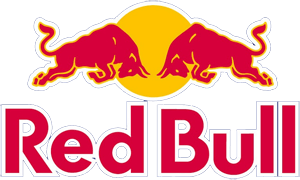Date: 6th October 2009
It’s a fact of competitive life that the strongest and most skilled often don’t win in the competition. I have won a lot of competitions against those who were better trained, more skilled and likely smarter than me. I have also placed either dead last or in the bottom ten percent of competitions in at least two different sports when I thought I was in world-class shape. My diverse results often have had far more to do with my head than my body.
Posted in: Blog
so stoked you wrote on this. It's been a huge factor in my climbing that's allowed me to move forward. Psyched on all of this. Still a basket case, but working through it!
Awesome.
Neumann and Goddard got into this in their book way back in 93.
Thanks for your reminder that the greatest asset is our mental muscle. Although relying on it alone to pull you through to the belay/ridgeline or back to BC is dangerous, BELIEVING in your strong head allows you to perform right up to your potential: stronger/harder/longer (which for all of us is much greater than we think)!
Hey Will the last lot of entries here have been above even your own usual level – the right mental attitude is essential, no less in paragliding 🙂 Keep it coming,
This is something that I have, and still, struggle with in climbing. I am convinced that it is the single biggest factor holding me back.
One of my climbing partners has a friend who trained for a scary route by riding in the front car of roller coasters over and over until his body was used to the dropping sensation and he was able to go about his business (like lighting a cigarette while riding) like it was no big thing.
Hi Will, I'm writting from Mexico.
When I started to look for mental training sources I found Anja Kroll's web page:
http://www.anjakroll.ch/mental/mental.html (in German)
Where she talks abount mental training and positive thinking in paragliding.
Best regards,
Miguel
Anja Kroll – Mental Training
In this podcast, Anja Kroll talks about becoming a competition pilot and some of the strategies she used to become one of the top female pilots in the world. She also discusses mental training and how it can be used to benefit pilots.
The mental demands of different sports and activities differ in kind. For some, to perform well in competition requires arousal and NOT thinking. For others, performing well requires versatile perception and active mind while relaxing physically. Psychological solutions need to be individuated and timed. Of course there are general principles, but there will be no one bible of sports psych, or single mental training solution.
I'm more than happy to hear your thoughts on what I've written. Please note that all comments will be moderated before publishing. Thank you for joining the conversation.



